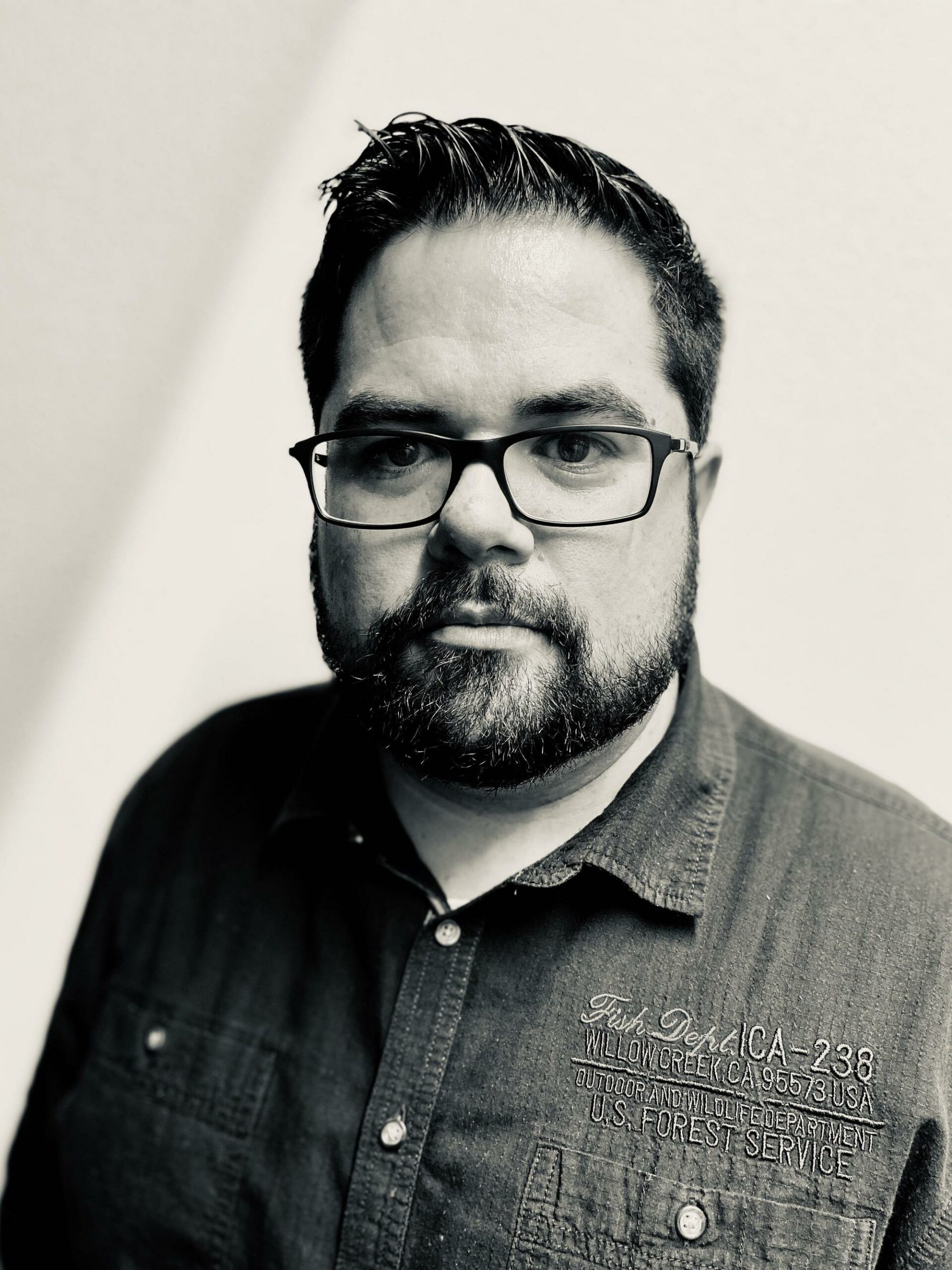Alvaro Agea of Napptive.
Tell us about yourself?
I consider myself an innovative product and technology leader, passionate about empowering engineers with efficient and effective solutions.
I have been at the forefront of the cloud-native movement, and have actively participated in open source, advanced, and emerging technologies in my career thanks to the work developed at Nalej, Novelti, Strands, or Stratio. At present I am the CEO of Napptive.
What do you think is the single biggest misconception people have when it comes to startups?
You think you know everything and in reality you know nothing.
The main work a startup must do is to learn, and to do so the first thing you must understand is that you don’t possess enough knowledge about something.
Having that capacity through constant learning is one of the most complex processes when you wish to become an entrepreneur.
If you could go back in time to any moment from your journey, and give yourself one tip, what would it be?
To learn how to savour achieving objectives, and that things that are urgent don’t take away time from what is truly important.
What makes you stand out as an entrepreneur?
My capacity to resolve problems in a holistic manner.
I am hard-headed and have a great capacity for learning, so I tend to learn quickly and can solve problems using these skills.
What are some of the best working habits you’ve gained over the past couple of years?
Learn to listen and surround myself with people who can say no to you or who express an opinion different from yours.
Give us a bit of an insight into the influences behind the company?
We created the company looking to help other developers to adopt cloud native technologies.
Our idea was that they should not encounter the same problems that we had had when implementing this technology in our companies.
Our company is based on growth models such as GitLab, Civo or Databricks. We want to continue to grow our community and make it as easy as possible for our users to create apps.
Where do you see your business in five years?
We want our tool to become a benchmark when it comes to creating deployments in the cloud.
We seek that our users no longer worry about the infrastructure and that engineers have a simple method to create and deploy their applications.
What do you think the biggest challenge will be for you in getting there?
We have to get developers to lose their fear of Kubernetes thanks to our platform. Getting that message across clearly is our main objective.
Talk to us about your biggest success story so far?
We have doubled our users every 3 months since we launched our platform, and that has meant that we have more and more information about what users are looking for.
This makes our growth sustainable, and we are helping more and more projects.
How do clients and customers find you? Are you much of a salesperson for yourself?
They are looking for solutions that help them adopt Kubernetes technology with as little friction as possible in their companies.
They look for open source-based technologies that don’t add complexity and help extend the capabilities of their development teams.
What one tip would you give to fellow startup founders?
Focus on the problem, listen to users and the market and outline the needs and desires of customers one step at a time.
And finally, what do you hope the future brings both you personally, and your business?
I hope that the company is a success and that it helps many developers carry out their projects successfuly.




